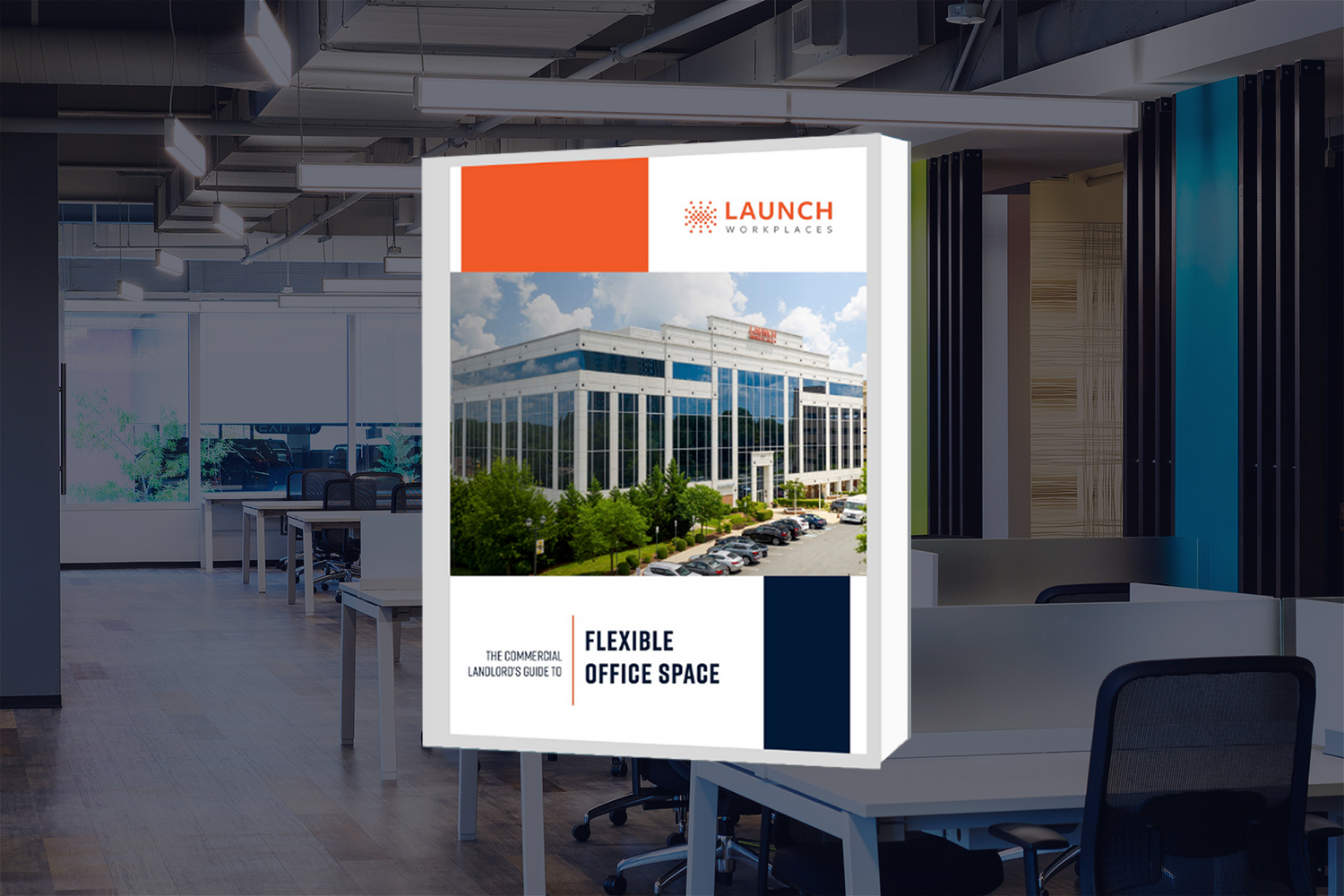There have been some pretty troubling things happening in the flexible office space industry lately and it’s leaving a lot of landlords in an unpleasant situation.
Worst of all, this is something that most landlords would never see coming.
It’s important to understand what’s happening, what the fallout might be, and how you can avoid it from the outset.
Here’s what you need to know.
A Troubling Trend in the Flexible Office Space Industry
Some of the biggest coworking operators in the world have been taking individual locations and turning them into single-purpose entities.
Why?
Because in doing so, these locations stop being one of the hundreds (or thousands) under the big brand umbrella and suddenly exist on an island as their own little companies.
Then, the operator tells the landlord that they can’t pay rent and present them with an ultimatum: convert to a management agreement or we’re going to default on the lease we signed.
So, while these operators are celebrating massive expansions on the one hand, they’re crushing some landlords with the other.
This presents some massive challenges for landlords—ones they probably never foresaw in the early days—and leaves one big question to be answered:
What should you do if your flexible office space operator puts you in this position and how can you avoid this situation in the first place?
The Challenges That Come From Flex Office Operators Walking Away
Most of these instances were legacy leases (or minimum rent guarantees), meaning when you signed a deal with a flexible office space operator as a landlord and they provided a deposit.
And, in theory, if your operator walks away, you’ll get that deposit.
But how hard are you going to have to work to get it? How much of a headache will you go through to deal with the fallout? And does that deposit cover the amount you spent to build out the space?
Most likely, you’re going to have to sue the operator. But the economics of this makes it hardly worthwhile.
Think about it this way…
Let’s say you’ve received a security deposit of half a million dollars from the operator. How much are you going to spend on legal fees to get that back? How long do your lawyers have to fight with their lawyers just to recoup those funds?
There’s no doubt about it: you’re in for an uphill battle—all the while losing money on your newly-vacant office space.
The Safeguard from Day One: Avoid Being Fooled by a Big Brand Name
Here’s the thing: it’s easy to feel confident doing a deal with a big brand. Their brand equity and global presence make them enticing options for landlords in search of a sure thing.
But when you pull back the curtain and look at the inner workings of a deal with many of the big players, it’s not all it’s cracked up to be.
Ask yourself (and them) one big question:
Who do they serve?
Publicly-traded companies have one single goal: add value for their shareholders. And this ultimately makes your interests a secondary priority at best.
When you’re searching for a flexible office space operator, take the time to figure out who’s going to be a real partner to you—someone whose value proposition is to add value to your entire building.
When your operator takes a vested interest in your building as a whole, it creates a waterfall of value that trickles down through your entire asset.
Unlike a publicly-traded company that only cares about its shareholders, a true partner’s priorities, in order, will be:
- You as an owner
- Your members
- The operator’s own interests
When an operator places other interests above yours, they’re competing against you. That is not a partnership.
I’ve been saying it for years: with coworking operators, bigger isn’t always better—better is better. Choosing a real partner is the best way to safeguard the future of your building—and your portfolio.
Why Picking a True Partner is the Future-Safe Way to Operate
As a commercial property owner, it’s important to look at the long-term stability of your building or portfolio. The way the world is going, simply having a building and filling it with tenants isn’t enough anymore.
In order to survive, you need to play the long game and infuse your building with programs and amenities that modern businesses demand. The trends in business today are already moving toward collaboration and socialization, and the office buildings that succeed will be the ones that embrace this change.
At Launch, we refer to this concept as activating your entire building. This means that we integrate with the rest of the tenants in your building and other local small businesses in the area to put activity and life into the building, creating a community that benefits every one of your tenants.
We don’t believe in arms-length transactions. We believe in two-way communication and true collaboration, even when things aren’t all rainbows and butterflies.
As an operator, it’s essential that you don’t just trust big names. They’re not always the best.
Do your due diligence. Look at what’s happening in the marketplace. And pick an operator based on shared values and aligned principles.
Because if you pick the wrong partner, the marketplace trends show that having a security deposit and minimum rent written on a piece of paper doesn’t ultimately mean very much.
If you’re a building owner looking to add flexible office space to your portfolio and you want to explore your options before putting pen to paper with a publicly-traded brand, get in touch with me today. I’d be happy to talk you through the benefits it can offer you.




